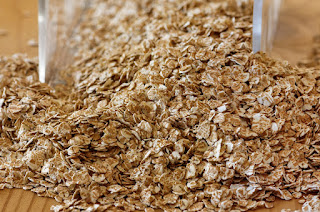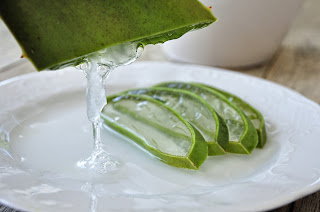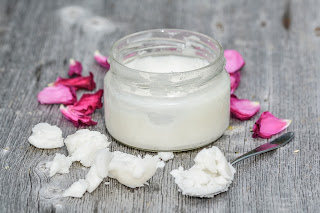Heat rash, also known as prickly heat or miliaria, is a common skin condition that occurs when sweat ducts become blocked, leading to inflammation and tiny, itchy bumps on the skin's surface. It often appears during hot and humid weather, causing discomfort and irritation.
While medical intervention may be necessary for severe cases, many mild to moderate heat rashes can be effectively treated at home using natural remedies.
In this article, we will explore some highly effective home remedies to soothe and heal heat rash, allowing your skin to regain its natural balance and comfort.
Cool Compresses
One of the simplest and most effective ways to alleviate heat rash is by applying cool compresses to the affected areas. Soak a clean cloth or towel in cool water, wring out excess moisture, and gently place it on the rash. The cool temperature helps reduce inflammation, soothes itching, and provides immediate relief. Repeat this process several times a day to keep the skin cool and alleviate discomfort.
Oatmeal Baths
Oatmeal has natural anti-inflammatory properties and can provide relief from itching and irritation caused by heat rash. Grind one cup of plain, uncooked oatmeal into a fine powder and add it to a bathtub filled with lukewarm water.
Soak in the bath for 15-20 minutes, allowing the oatmeal to create a soothing coating on your skin. Pat dry gently afterward and avoid rubbing the affected areas. Repeat the oatmeal bath once daily until the heat rash subsides.
Aloe Vera Gel
Aloe vera is renowned for its soothing and healing properties, making it an excellent remedy for heat rash. Extract fresh gel from an aloe vera leaf or use a store-bought, pure aloe vera gel.
Apply a thin layer of the gel directly onto the affected areas and let it dry naturally. Aloe vera reduces inflammation, provides a cooling sensation, and accelerates the healing process. Repeat this application two to three times a day until the heat rash disappears.
Calamine Lotion
Calamine lotion is a time-tested remedy for various skin conditions, including heat rash. It contains zinc oxide and iron oxide, which work together to relieve itching and reduce inflammation.
Shake the lotion well and apply a thin layer to the affected areas. Allow it to dry and form a protective barrier on your skin. Reapply as needed throughout the day to alleviate discomfort and promote healing.
Neem Leaf Paste
Neem leaves have antibacterial, antifungal, and anti-inflammatory properties, making them a valuable natural remedy for heat rash. Grind fresh neem leaves with a little water to make a smooth paste.
Apply this paste to the affected areas and let it sit for 20-30 minutes. Rinse it off with cool water and pat dry. Neem leaf paste not only reduces inflammation but also prevents secondary infections, providing relief and aiding in the healing process.
Coconut Oil
Coconut oil is a versatile natural remedy that can help soothe and heal heat rash. Its moisturizing properties keep the affected skin hydrated, reducing itching and promoting faster healing.
Gently massage a small amount of extra-virgin coconut oil onto the heat rash, allowing it to absorb fully. Repeat this process two to three times a day until the rash subsides. Choose organic, cold-pressed coconut oil for the best results.
With this in mind
Heat rash can be an uncomfortable and irritating condition, but fortunately, there are several effective home remedies available to provide relief and promote healing. By incorporating natural remedies such as cool compresses, oatmeal baths, aloe vera gel, calamine lotion, neem leaf paste, and coconut oil into your routine, you can soothe inflammation, reduce itching, and accelerate the healing process.
However, it's important to remember that these remedies are most suitable for mild to moderate cases of heat rash. If your symptoms persist or worsen, it is advisable to seek medical attention for proper diagnosis and treatment. With proper care and attention, you can find comfort and restore your skin's health, allowing you to enjoy the summer months to the fullest.











No comments:
Post a Comment